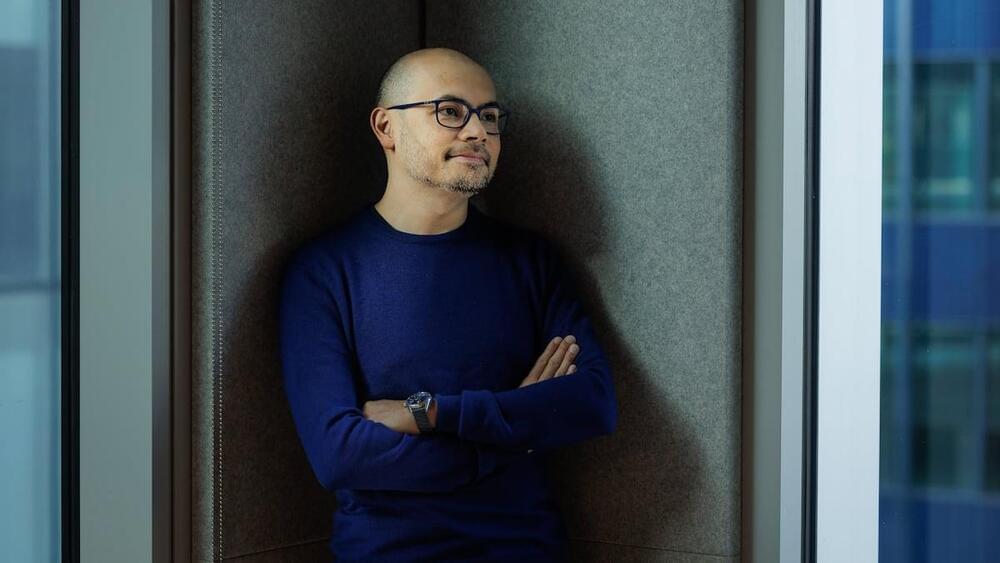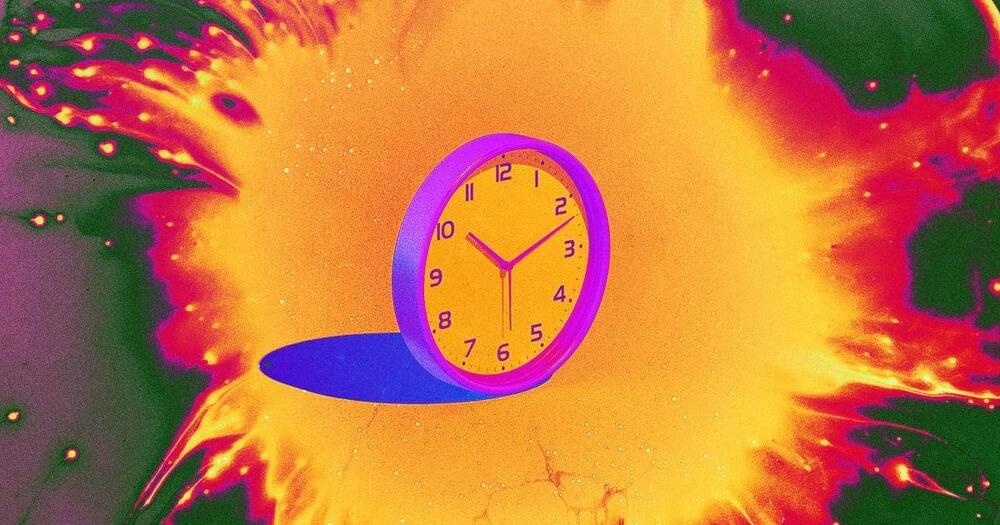Good news for anyone with a hankerin’ for going back in time to kill their grandfather before he had kids: a physicist named Germain Tobar from the University of Queensland in Australia says go for it since time travel paradoxes aren’t real. So feel free to kill your grandpappy without fear of deleting your own existence.
He didn’t explicitly frame it that way, but he does think that time travel paradoxes are bullshit. Tobar’s work uses Einstein’s theory of general relativity as a foundation and then builds from there. He says that, according to his calculations, events can exist both in the past and in the future simultaneously, independent of one another. Space-time will adjust itself to avoid paradoxes, thus allowing you to cause whatever mayhem you want throughout time without creating contradictions.
If true, famous time travel stories like The Terminator and Back to the Future wouldn’t be possible. A Terminator sent to the past to kill John Connor would not be killing John Connor in the future, theoretically. It would only kill John Connor in the past and space-time would find some way to adjust to ensure that John Connor is still alive in the future to continue to be a pain in every robot’s shiny metal ass.





